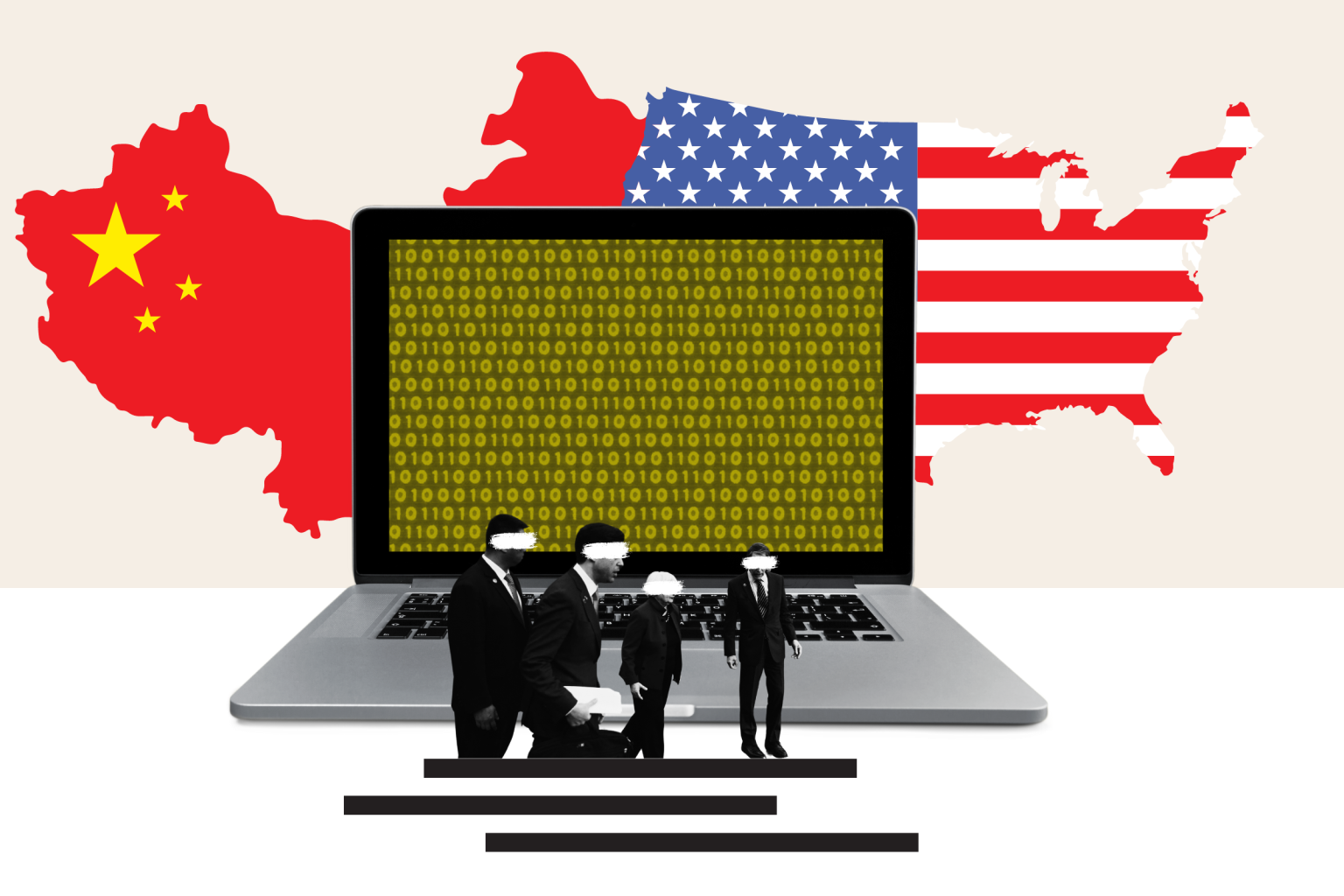China’s latest hacking attempt in the form of the Volt Typhoon system has shocked the cybersecurity industry due to its massive scale. Designed to cripple U.S. computer systems in the event of war between America and China, the system has already been used in attempted hacking on emergency services, military installations, and satellites. The system is seen as a significant threat by experts such as FBI Director Christopher Wray, who referred to it as “the defining threat of our generation.” The campaign by Chinese state agents aims to gain access to industrial control systems and critical infrastructure globally, not just in the U.S.
The sheer size of the Volt Typhoon campaign has surprised experts, who believe that significant investment is needed to ensure the security of Critical National Infrastructure (CNI) worldwide. Daniel Cuthbert, a cybersecurity expert, highlighted the difficulty in defeating Volt Typhoon due to its use of “living off the land” technology. This approach does not involve installing any new files but relies on existing tools within computer systems, making detection challenging and allowing hackers to remain undetected for extended periods. The U.S. government’s cybersecurity agency has attributed the campaign to the Chinese government and warned about the potential disruptive effects in the event of geopolitical tensions or military conflicts.
The U.S. government has released a statement accusing the Chinese government of orchestrating the Volt Typhoon campaign, targeting critical infrastructure organizations in various sectors. The agencies involved have expressed concerns about the potential for hostile actors to use their network access for disruptive purposes during times of tension or conflict. Steve Morgan, founder of Cybersecurity Ventures, highlighted the catastrophic consequences that could have resulted from Volt Typhoon if not for the intervention of U.S. intelligence agencies. The continuous hacking efforts by China over the years have escalated, posing a persistent threat to U.S. citizens, businesses, organizations, governments, and political parties.
The U.S. authorities have confirmed that the Volt Typhoon campaign has compromised the IT environments of critical infrastructure organizations in sectors such as communications, energy, transportation systems, and water and wastewater systems. The pattern of behavior and choice of targets by Volt Typhoon is not consistent with traditional cyber espionage or intelligence operations, indicating a more disruptive intent. The U.S. government officials, including Commander of the U.S. Cyber Command and FBI Director Christopher Wray, have testified about the growing cyber threat posed by China and the need for vigilance in protecting critical infrastructure from such attacks. Despite the ongoing efforts to counter these threats, the hacking activities from China show no signs of abating, emphasizing the importance of cybersecurity measures in safeguarding vital systems and information.


